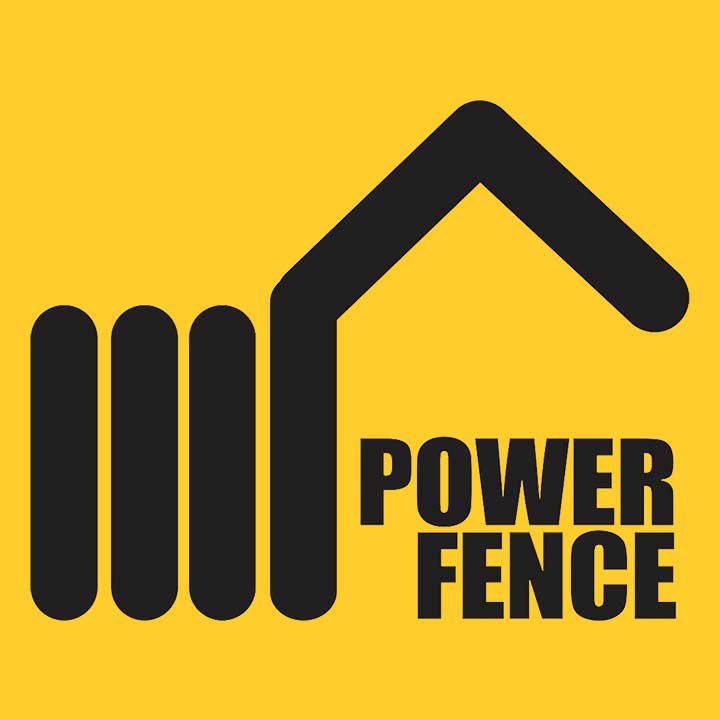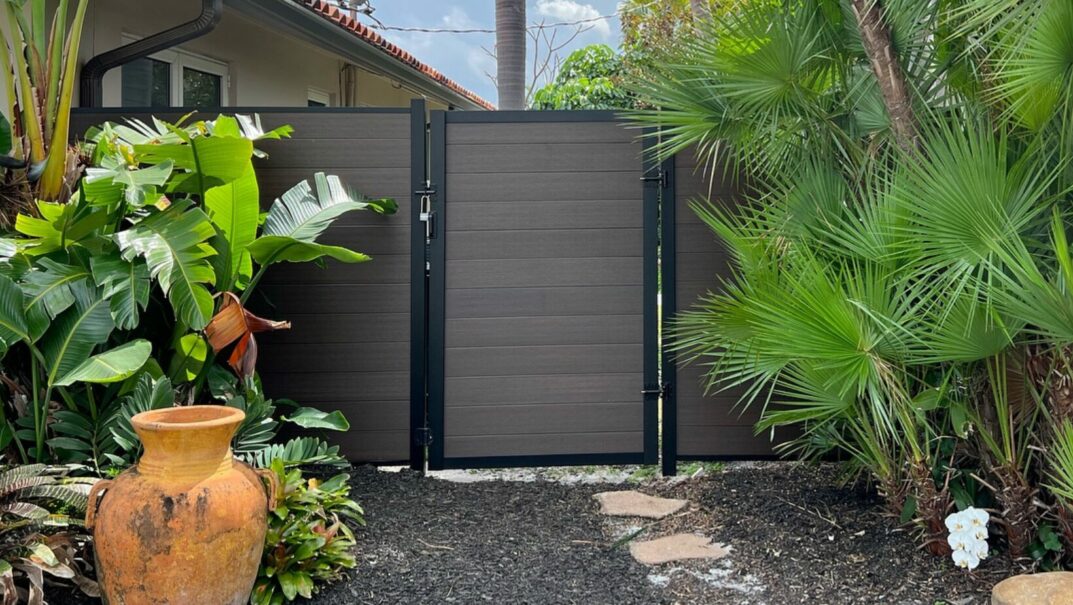Installing a new fence in South Florida is more than a home improvement project; it’s also legal. If you live or work in Fort Lauderdale or anywhere in Broward County, you’ll quickly discover that fencing isn’t as simple as digging holes and setting posts. Permits are required, zoning laws come into play, and strict hurricane codes set the standard.
At Power Fence Inc., we handle this process daily for homeowners and businesses across the region. Here’s what you need to know before building your next fence, plus why having a knowledgeable contractor can save time, stress, and potential fines.
Permits First: Why Every Fence Needs One
In Fort Lauderdale, you’ll need a building permit for any new fence installation, even replacing an old fence with the same material. This surprises many property owners. Whether you’re upgrading from chain link to vinyl or simply replacing a wind-damaged wood fence, the local building department will require a new permit.
And they’re not just being difficult; there’s a reason behind the red tape. Permits ensure your fence complies with current building codes, particularly South Florida’s strict hurricane wind-load standards. Broward County is part of a High-Velocity Hurricane Zone (HVHZ), which means fences must be built to withstand intense storms. Approved designs, reinforced materials, and proper installation methods are required by law to help protect your property and neighbors when the winds pick up.
So even if your neighbor didn’t get a permit ten years ago, you’ll need one today. Failing to do so could result in code violations, forced removal, or fines later.
The Real Purpose of Permits
It’s easy to view permits as paperwork or red tape, but they serve a much more important role, especially in South Florida. With some of the strictest building codes in the country, our region requires fences to meet high safety standards for good reason. When hurricanes roll through, a poorly built fence isn’t just a liability; it becomes a potential hazard.
A properly permitted fence has been reviewed to ensure it can withstand our local conditions. That review covers several critical factors, such as:
- Wind-load compliance for high-velocity hurricane zones, including structural reinforcement.
- Post depth and spacing are designed for stability in strong storms.
- Approved materials and fasteners rated for wind, moisture, and salt exposure.
- Pool safety regulations include height and gate requirements to protect children.
- Visibility rules at intersections and driveways keep sightlines clear.
- Easement protection to avoid drainage, utilities, or access zone conflicts.
Local Zoning Laws
Even with a permit, you must comply with Fort Lauderdale’s zoning regulations. These laws dictate where to install a fence, how high it can be, and what materials are allowed.
Most residential backyards allow fences up to six feet tall, but front yards are another story. In many Broward municipalities, fences in front yards must be shorter, often around four feet, and sometimes are prohibited altogether unless they’re decorative and low-profile.
Corner lots come with even more rules. You may be required to keep your fence several feet from the property line or street to maintain driver visibility. In some cities, there are landscaping requirements along fences facing public streets, meaning you may need to leave room for shrubs or other plantings in front of your fence line.
Zoning laws may allow for taller fences or even security features like privacy panels or gating for commercial properties. But even then, permits and placement restrictions still apply.
 Don’t Forget the HOA
Don’t Forget the HOA
If you live in a community with a homeowners association, your approval process doesn’t stop at city hall. Most HOAs have fencing guidelines that are often stricter than the city’s. They may require specific styles, colors, or materials to maintain a uniform neighborhood appearance.
Many cities will even ask for written HOA approval before issuing a permit. So, before you finalize your design or schedule an install, make sure your HOA is on board. Skipping this step could result in fines or a demand to remove your brand-new fence.
What Could Go Wrong Without a Permit?
Plenty. An unpermitted fence might seem harmless until it starts causing real problems. Whether preparing to sell your home, filing an insurance claim, or dealing with storm damage, skipping the permit process can haunt you.
Here’s what can go wrong when a fence isn’t properly permitted:
- Home inspectors may flag it, delaying or complicating real estate closings
- Insurance companies may deny coverage if the fence wasn’t built to code
- Storm damage could lead to liability, especially if your fence causes harm or debris
- City inspectors can issue fines, require removal, or force a complete rebuild
- You could spend more fixing the mistake than if it had been done correctly from the start
Why a Licensed Contractor Makes All the Difference
All of these permits, zoning rules, HOA approvals, and engineering specs can be overwhelming for a homeowner or business owner. That’s why choosing a licensed, experienced fencing contractor is so important.
At Power Fence Inc., we don’t just build beautiful fences. We handle every detail of the permitting process. From creating site plans and filing the paperwork to scheduling inspections and working with HOAs, we make sure your fence is built right and built legally.
We know the local codes. We understand the wind-load requirements. And we’ll never put you in a position where your fence violates the rules or risks falling short during hurricane season.
Peace of Mind Starts with the Right Partner
In South Florida, fence installation isn’t a DIY job or something you want to cut corners on. The legal requirements exist for your protection, and a trusted contractor will ensure every box is checked while giving you a code-compliant and curb-appealing fence.
Whether securing a backyard, enclosing a business, or upgrading your property’s privacy and security, Power Fence Inc. is here to help.
Power Fence Inc. proudly serves Fort Lauderdale and Broward County with professional fence installation services tailored to Florida’s toughest codes. We’ll guide you through the process from permit to final inspection so your new fence is safe, stylish, and 100% compliant.
Contact us for a free quote and let us take the guesswork out of your next fencing project.



